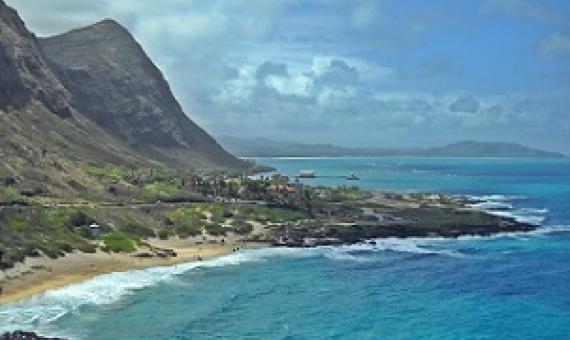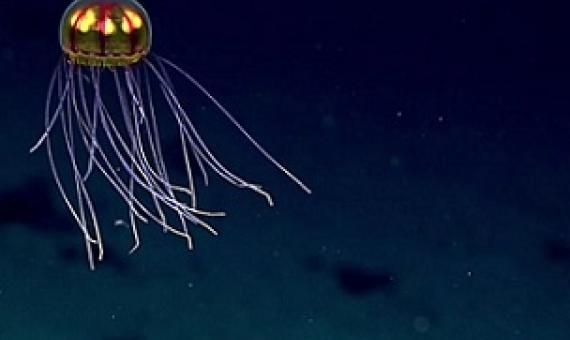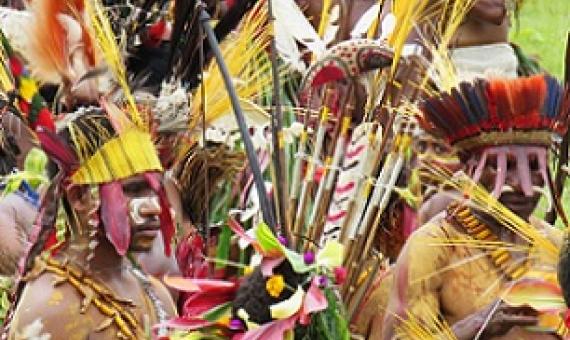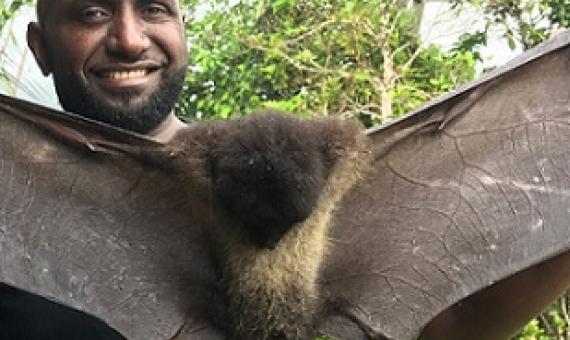A new program in Hawai‘i, known as Ākoʻakoʻa, will focus on restoring 193 kilometers (120 miles) of coral reefs off the west of the Big Island, which have been in decline for the past 50 years.
As Indigenous groups seek to co-manage the Marianas Trench Marine National Monument, elders help the next generation find opportunity on the islands in science and conservation...the Mariana Trench is home to wildlife and habitats found nowhere else.
For millennia, hunting has been a prestigious and traditional activity in many Papua New Guinean cultures.
When conservation scientist Junior Novera was growing up in Mapisi Village, on a bend of the Sinamut River in Bougainville, Papua New Guinea, he’d never heard the term conservation.
Spatial Use of Marine Resources in a Village: A case study from Qoma, Fiji
Understanding the value of fishers’ Indigenous and Traditional Knowledge (ITK) and of fishers’ spatial use of customary fishing grounds is an important contributing factor to marine resource management. This study investigates and documents ITK of marine resources and the associated spatial knowledge of fishing areas in Qoma, a rural fishing village in Fiji. Using a sex-generational lens, our research combines theory and methods from Participatory Geographic Information Systems and ethnography.
Video - Gwala Rising in the Bwanabwana Islands
'Gwala Rising in the Bwanabwana Islands' depicts the revitalization of traditional conservation practices in the islands of Papua New Guinea. The community of Anagusa Island is combating the effects of climate change and protecting the coral reefs they rely on using gwala: the traditional practice of setting aside a reef or forest area to allow the ecosystem to recover. Gwala is helping the community of Anagusa Island prosper - empowering men and women with improved access to food and livelihoods.
The role of Indigenous peoples and local communities in effective and equitable conservation
Debate about what proportion of the Earth to protect often overshadows the question of how nature should be conserved and by whom. We present a systematic review and narrative synthesis of 169 publications investigating how different forms of governance influence conservation outcomes, paying particular attention to the role played by Indigenous peoples and local communities. We find a stark contrast between the outcomes produced by externally controlled conservation, and those produced by locally controlled efforts.
Model Law for Protection of Traditional Ecological Knowledge
Model Law for Protection of Traditional Ecological Knowledge. Unknown Source. Available Through GRAIN Website.










